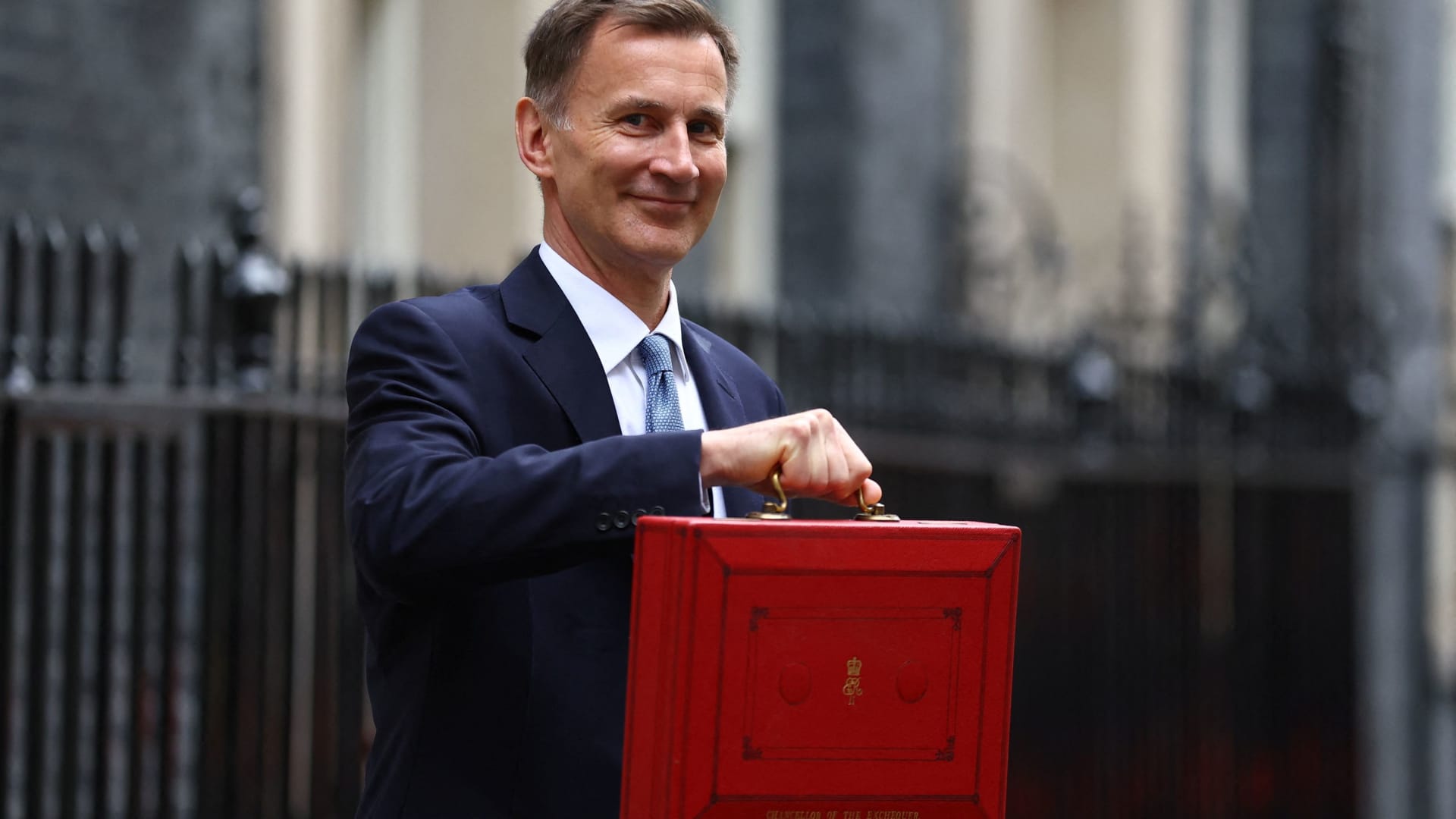OBR Forecasts Paints Bleak Picture for UK Economy
The Office for Budget Responsibility’s latest growth and inflation forecasts, released on Wednesday, present a much bleaker picture than previous projections from March. The revised forecasts show that inflation is expected to rise to 2.8% by the end of 2024, a significant increase from the previous prediction of 0.9%. Additionally, the consumer price index is not expected to reach the Bank of England’s 2% target until 2025, indicating that interest rates may remain “higher for longer” due to stalling growth.
Furthermore, growth forecasts have been downgraded to 0.6% for this year and 0.7% for next year, a sharp decline from the previously predicted 1.8% and 2.5% in March. Lindsay James, an investment strategist at Quilter Investors, expressed concern about the impact of interest rates on the economy, suggesting that the UK government faces significant challenges in recovering from periods of lost growth.
In response to the forecasts, Rachel Reeves, the main opposition Labour Party’s Shadow Chancellor highlighted the impact of existing tax increases and criticized the government’s decision to cut National Insurance, stating that it does not adequately compensate for previous tax hikes.
The government’s announcement included several key economic measures, such as a reduction in employee National Insurance from 12% to 10%, a decision to make the business tax break for investments permanent, and an allocation of £4.5 billion to support British manufacturing.
In addition, the government pledged to invest £500 million in artificial intelligence and set a new public sector productivity growth target of 0.5% per year. Finance Minister Jeremy Hunt also reaffirmed the commitment to meet the NATO spending target of 2% of GDP on defense and reported a decline in public sector borrowing and debt as a percentage of GDP.
While these measures aim to bolster the UK economy, concerns have been raised about the potential impact on inflation and economic growth. It remains to be seen how effective and lasting these measures will be in addressing the challenges facing the UK’s long-term finances. As the country approaches its next election, the government’s fiscal policies are likely to be shaped by political considerations, adding further complexity to the economic landscape.

I have over 10 years of experience in the cryptocurrency industry and I have been on the list of the top authors on LinkedIn for the past 5 years. I have a wealth of knowledge to share with my readers, and my goal is to help them navigate the ever-changing world of cryptocurrencies.











